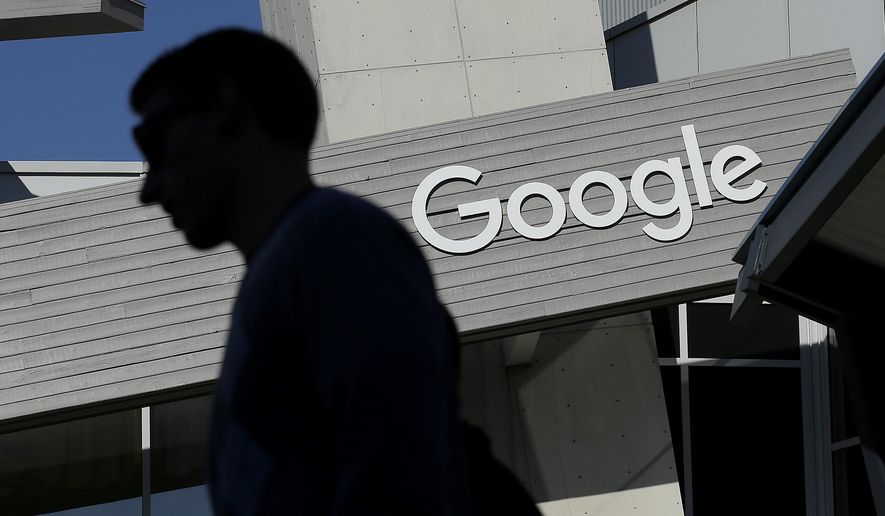Hacked emails belonging to Hillary Clinton campaign chairman John Podesta detailed the need for “discreet conversations” with companies like Apple, Facebook and Google.
WikiLeaks’ document dump of Mr. Podesta’s private conversations show just how integral Silicon Valley is to the Democrat presidential hopeful’s ambitions. An Oct. 26, 2014, email by Clinton’s campaign manager Robby Mook includes a “digital priorities and status” attachment written by Teddy Goff, President Obama’s former digital director for his re-election campaign, on the matter.
“Working relationships with Google, Facebook, Apple, and other technology companies were important to us in 2012 and should be even more important to you in 2016, given their still-ascendent positions in the culture,” Mr. Goff said. “These partnerships can bring a range of benefits to a campaign, from access to talent and prospective donors to early knowledge of beta products and invitations to participate in pilot programs. We have begun having discreet conversations with some of these companies to get a sense of their priorities for the coming cycle, but would encourage you, as soon as your technology leadership is in place, to initiate more formal discussions.”
The document also notes that Eric Schmidt, chief executive of Google’s parent company Alphabet, had a team that was working on “important products” for Mrs. Clinton’s campaign.
“I have been kept apprised of the work being done by Eric Schmidt’s group and others working directly and indirectly with your team. On the whole, I am comfortable with where we stand and confident in our roadmap to launch day and beyond,” Mr. Goff wrote.
“We have instructed Eric’s team to build the most important products in their portfolio — specifically, the back-end of the website, the ability to accept donations (along with associated features, most importantly the ability to store credit card information), and the ability to acquire email addresses — first,” Mr. Goff continued.
“Eric’s team is also developing products that are not, strictly speaking, critical for launch, but would be extremely useful to have as early in the cycle as possible. Chief among these is the system that consolidates data from disparate sources to allow you to develop more complete user profiles and therefore more effective programs.”
WikiLeaks’ stolen material, which U.S. intelligence agencies blame on Russian state actors, is likely to again raise questions about Google’s impartiality this election cycle. The company was charged by the website SourceFed in June with distorting search results to favor Mrs. Clinton over her rivals for power.
“Google Autocomplete does not favor any candidate or cause,” a Google spokesperson told The Washington Times June 10 in response to the story. “Claims to the contrary simply misunderstand how Autocomplete works. Our Autocomplete algorithm will not show a predicted query that is offensive or disparaging when displayed in conjunction with a person’s name. More generally, our autocomplete predictions are produced based on a number of factors including the popularity of search terms.”
SourceFed claimed that Google’s “Autcomplete” function would steer users towards a search for “Hillary Clinton crime reform” when searching “Hillary Clinton crimes,” and “Hillary Clinton India” instead of “Hillary Clinton indictment.”
• Douglas Ernst can be reached at dernst@washingtontimes.com.




Please read our comment policy before commenting.